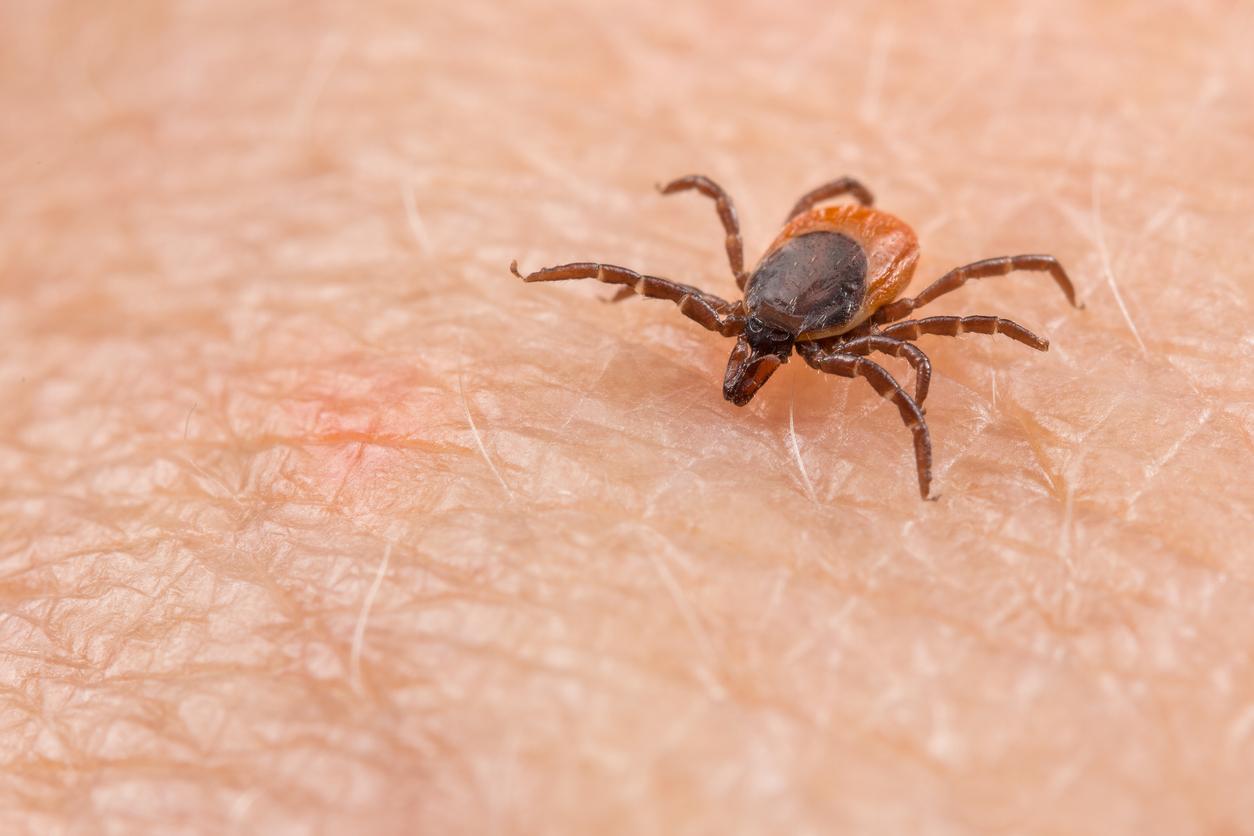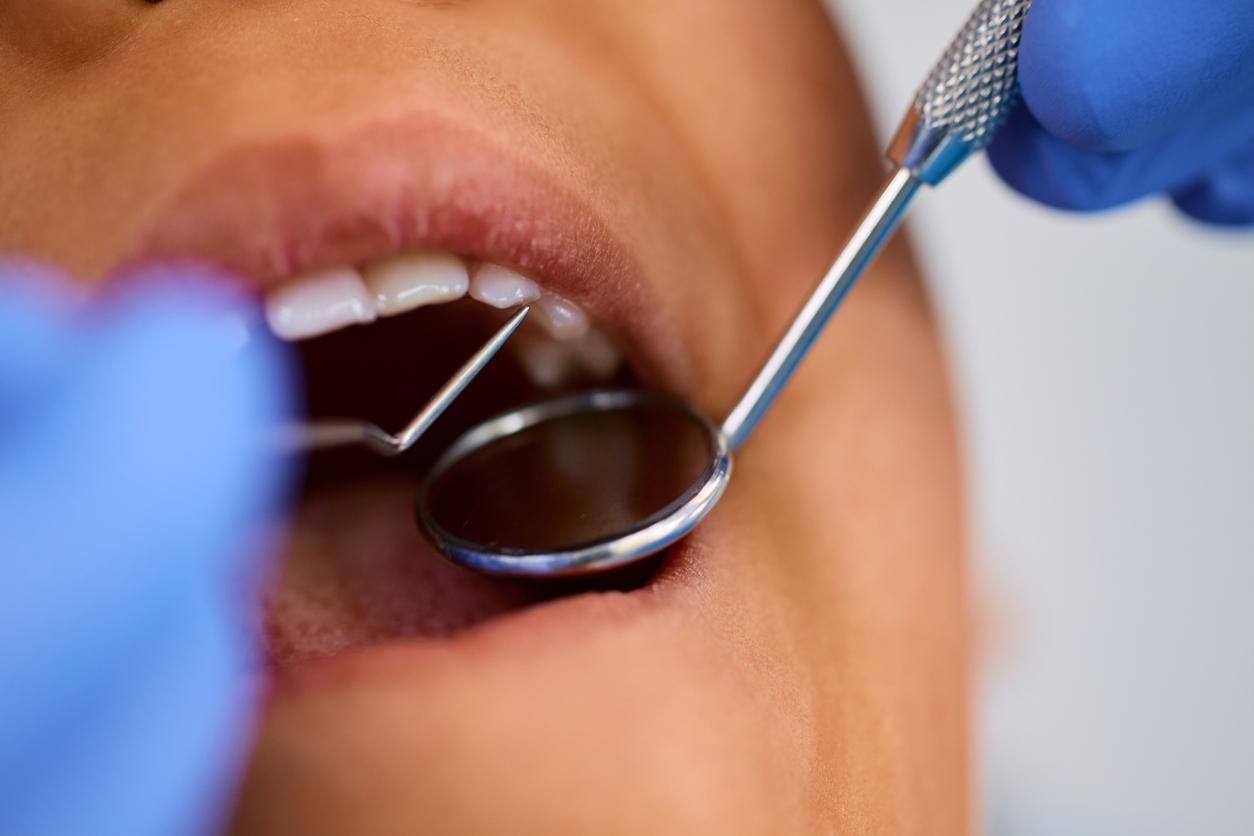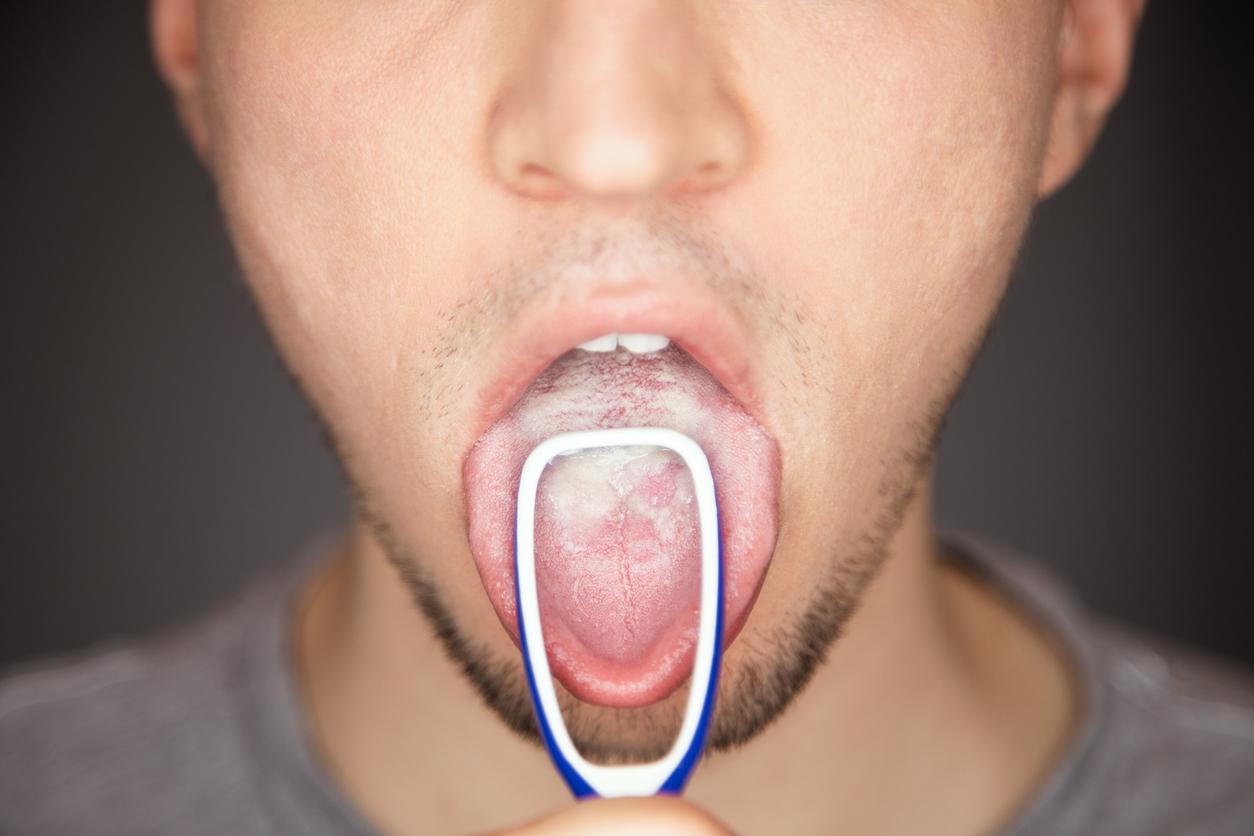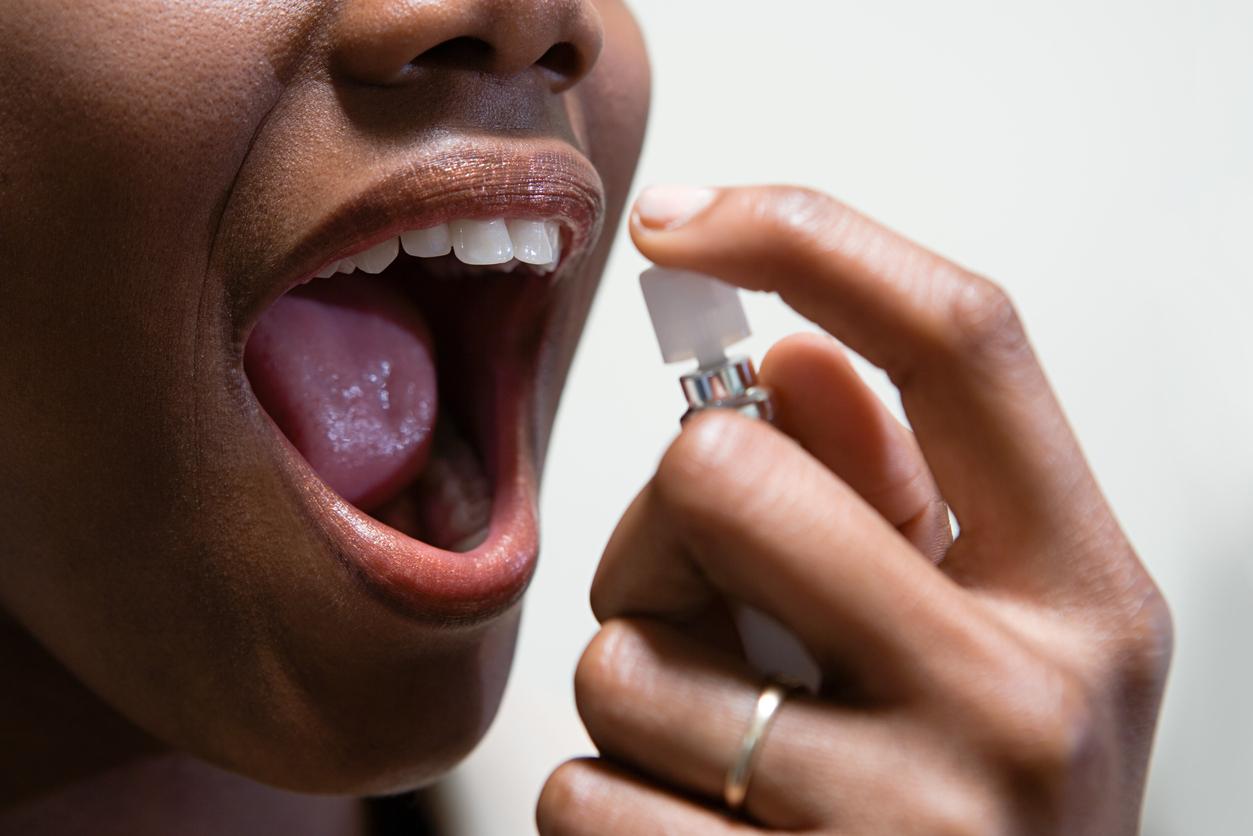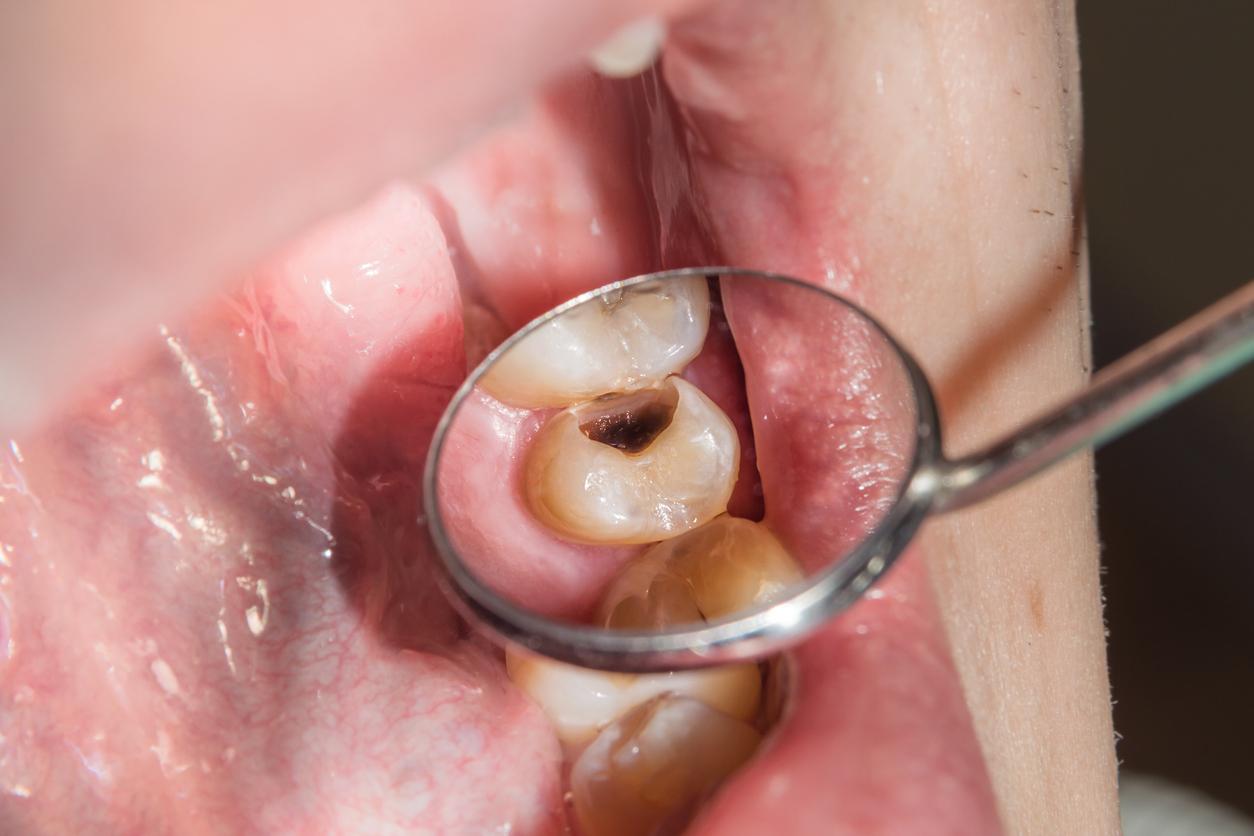Poor oral hygiene is linked to a higher risk of Ménière’s disease, a chronic inner ear disorder, a study has found.

- Poor oral hygiene is detrimental to overall health.
- Young people are not spared by the link between periodontitis and Ménière’s disease.
- Periodontitis and tooth loss are linked to an increased risk of Ménière’s disease.
We know that the health of the teeth plays a decisive role in several diseases such as diabetes and cardiovascular disease or even dementia. Thanks to South Korean researchers, we learn that it also has an impact on the Meniere’s diseasea disorder characterized by repeated episodes of disabling vertigo, hearing loss and tinnitus.
Good oral health decreases the incidence of Ménière’s disease
The study, published in Journal of Personalized Medicine, involved 2.24 million adults who had oral screening by dentists in 2003 and were followed for 16.7 years.
Among the 5% of participants who developed Ménière’s disease, the researchers were able to observe significant associations between poor oral health, an increased number of missing teeth and an increased risk of developing the disease.
This ratio is also reversed in the event of better behavior in terms of oral hygiene (frequent brushing of the teeth: at least three times a day and dental scaling in the year).
Periodontitis in young people is linked to an increased risk of Ménière’s disease
Additionally, a subgroup analysis of patients showed that periodontitisa chronic inflammatory oral disease that progressively destroys the support of teeth, was more strongly associated with Ménière’s disease in young people and patients with a low body mass index.
Although largely preventable, oral diseases and conditions cause a significant burden of disease in many countries and have lifelong effects, causing discomfort, pain, aesthetic damage or even death, indicates theWHO.
It is estimated that nearly 3.5 billion people are affected by oral diseases, the effects of which therefore affect overall health.





